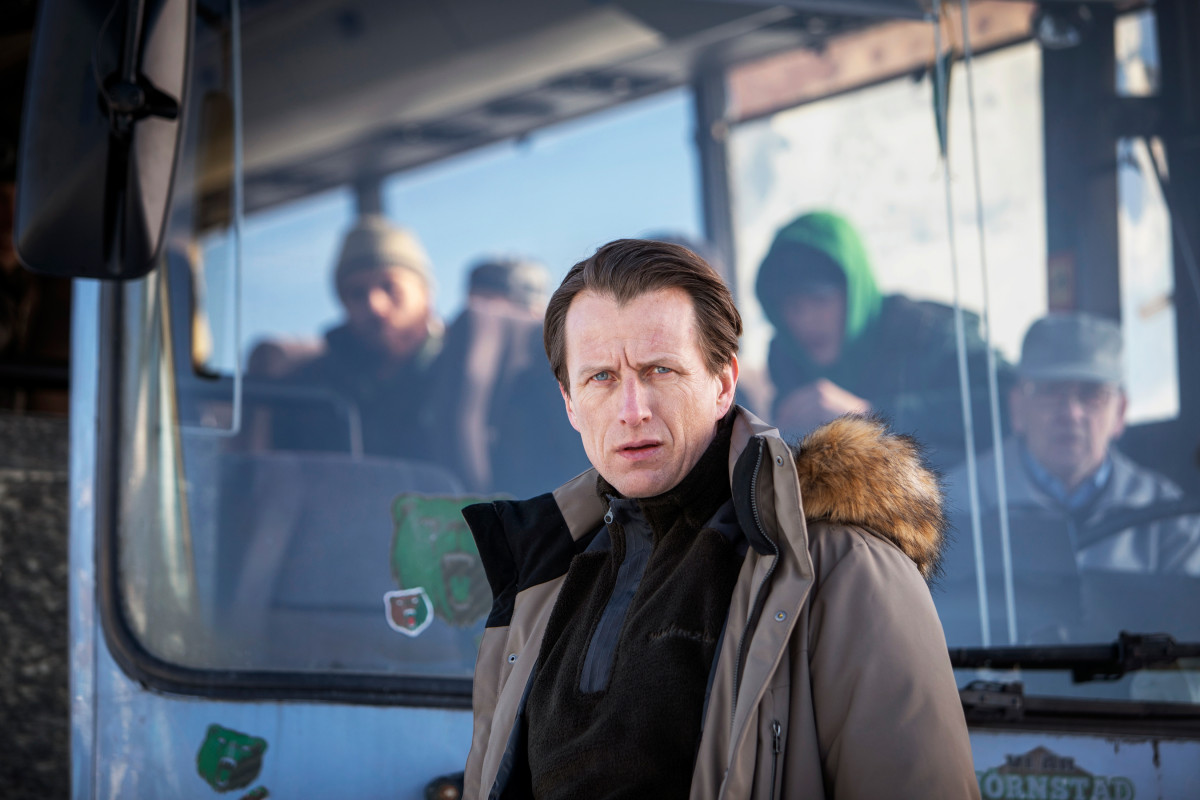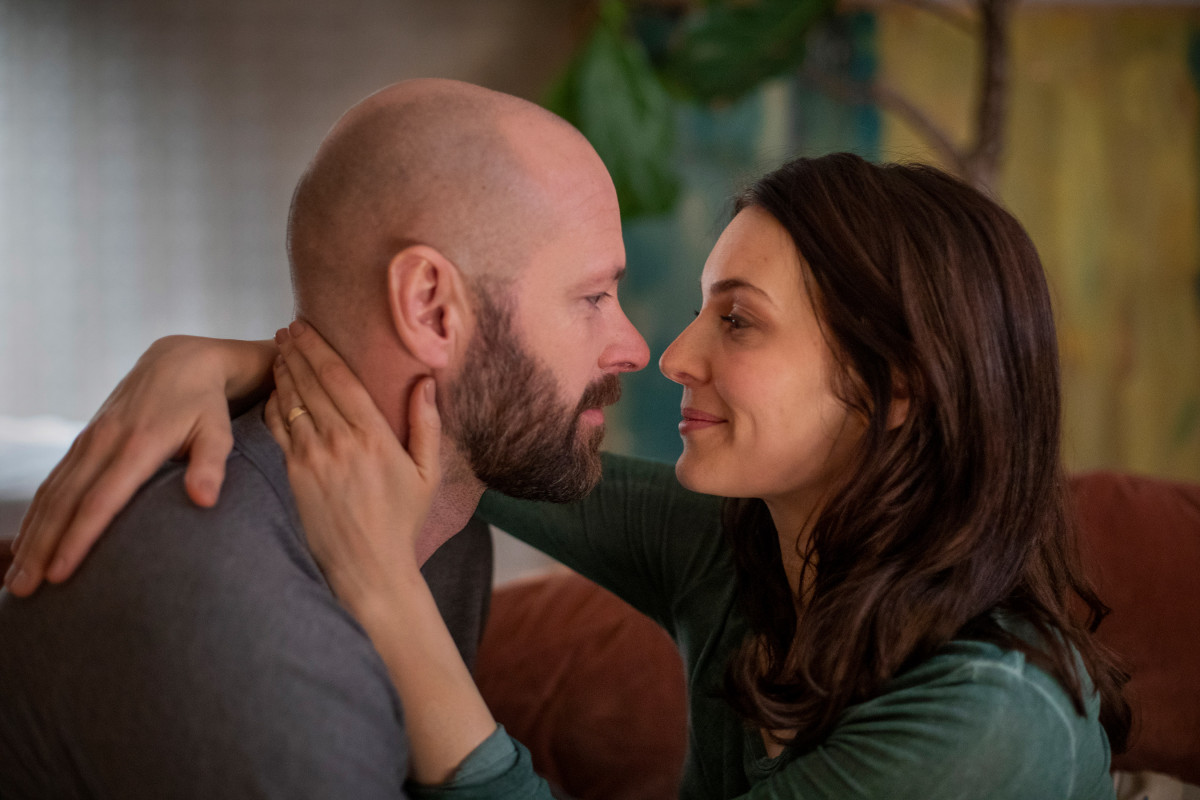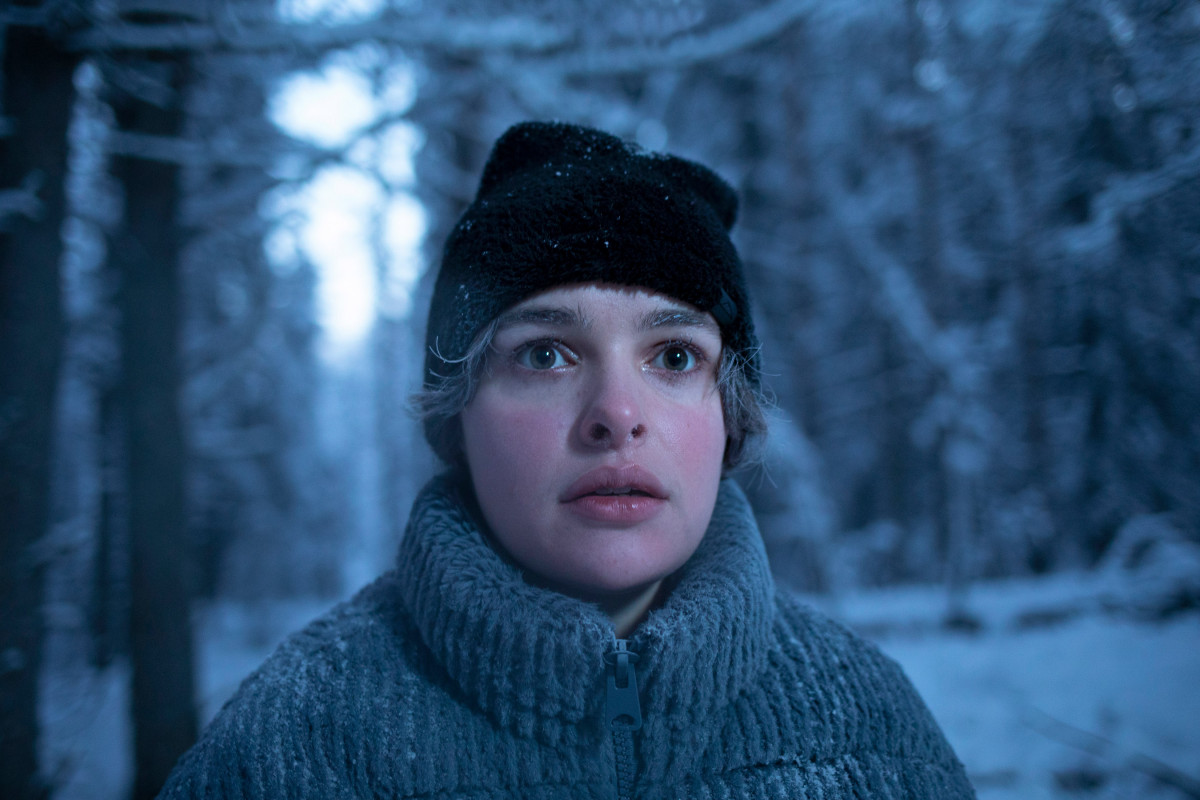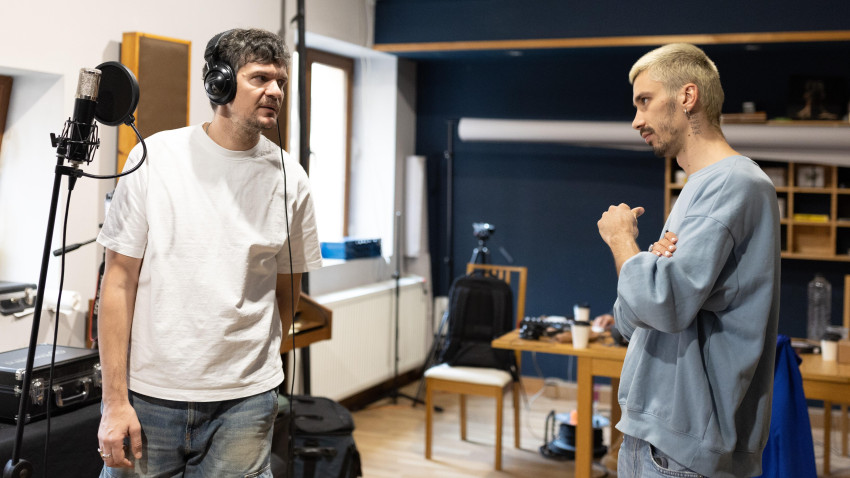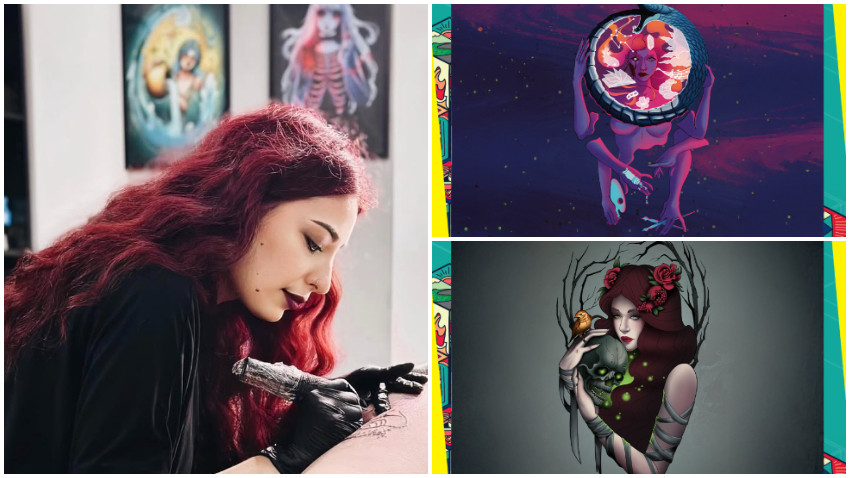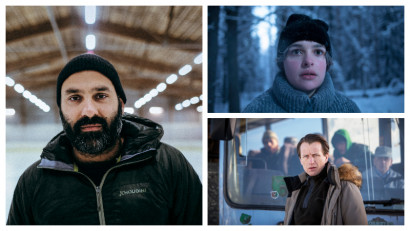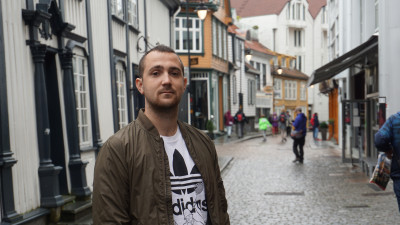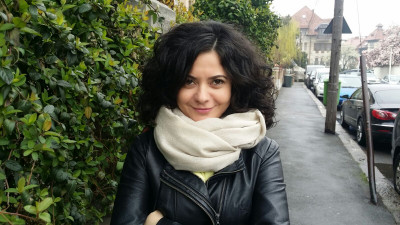Welcome to a small world where everything is at stake. Where one of the lead characters says at some point "I’m all hockey". Welcome to Beartown, a city that rises or falls with its hockey team. But the story is about so much more.
The mini-series directed by Peter Grönlund, for HBO Nordic, will be launched across HBO Europe on 18th of October. It's based on Fredrik Backman's book, with the same title.
So, in essence, this is a classic HBO series. If you’re in for a light comedy show, it’s not for you. But if you want to be touched and moved, drawn into a great drama, turn it on.
The personal dramas of the characters unfold progressively and lead the audience into social themes like discrimination, abuse or class inequality. Without the background noise of a big city, the enclaved society of Beartown makes for a good lecture of the human nature.
We spoke with Peter about how he approched the project, what was the atmosphere on set and how the Swedish TV series market is changing.
Motivations to direct "Beartown"
It’s a very intensive, emotional story, with great characters. Also, its themes speak to me. I’ve been working with this kind of themes in my previous films, themes like broken masculinity, issues that deal with winner culture or patriarchal structures. These are important issues in my filmmaking, so the project really appealed to me.
Plus, I’m always drawn to the minority people or minority groups, closed down societies or universes. Beartown has that kind of forgotten place feeling - it’s somewhere up in the woods, where people need to stay together and don’t step out of the group.
I also loved the (hockey) arena.
Approach
It was a marriage between the novel, the scriptwriters material, and my vision, which is kind of a mixture that I think the producers wanted to achieve. They've reached out to me because of what I’ve done before, knowing that my worlds have similarities to the world of Backman. So, it was all about finding my voice, within his universe and his characters. I didn’t feel any pressure.
And it was about creating something, not about trying to copy the book, but rather to use the book in getting closer to myself and the issues I explore.
The script
When I write scripts, I have my kind of script glasses and once it gets to directing, I need to put on my director’s glasses. Those are two completely different processes. As I said, here I needed to adapt the world of Backman and the scriptwriters input, to make it work for me. That’s a long process.
Of course, after six months of meetings with the scriptwriters and going through ideas, notes and stuff like that, it comes naturally, but you have to own it. You’re the one that’s going to be there, on set, to make it happen, so you need to have a really strong connection with the script.
The theme of small towns in your work
What we’ve seen in my previous films and also in Beartown, is kind of an extract of human nature. It’s a bunch of people put together in a closed down society where they need to set their own rules, in order to survive. I’m interested in these dynamics.
I grew up in Stockholm, a medium, large city and I didn’t have anything like that here, but one part of my filmmaking, I mean, the core of my filmmaking is exploration. I need to get out of my safe zone and explore something. And keep the mystery alive. I need to go behind the closed doors and have a peak.
The atmosphere on your set
I’m really concerned with creating a safe environment for people. It’s important both for the crew and for the cast, in order to make them “fly” and perform well. So, the atmosphere is warm and including.
Otherwise, I tend to have a lot of energy on set, I jump around a lot. I’m on fire. I love it.
At the same time, it’s a lot of anguish, it’s terrifying, but it pays back when you see the results on set, when you see that it works, that people are happy and they are really giving their best. So, my leadership style is based on inclusion.
Working with actors
This was on a larger scale than my previous projects. I’ve worked a lot with some actors before the shooting, but some of them I’ve just met briefly, so we needed to create a contact, a workspace, just hours before a scene, because this is a show with a lot of characters, with actors that kept dropping in during the shooting and the casting process. But, in general, I spend a lot of time with actors.
Casting
I’m always very involved in the casting process. I specifically wanted Ulf Stenberg in the role of Peter Andersson and also, Aliette Opheim, is one of my favourites. The hockey players are all for real, one of my casting directors went up north and visited the hockey clubs trying to hunt down the characters we needed, and then I went up too and did some workshops with them.
I loved the collaboration with my two casting directors in this series. It’s one of the most important collaboration you have as a director. You have these good people around you that get what you’re looking for and why, so these relationships count for me, because at the end of the day, even though I’m very specific in my requirements, most of the times, they are the ones going out there, figuring it out and giving me options.
Challenges on the set
It was minus 32 degrees. We froze our toes. We needed to shoot around and pass through 1.5 m of untouched, virgin snow, for the images to work. That was like going to finish winter war, it was really hard at times. We started with that. We had to keep the team alive and the spirit going. Once we got indoors, we started to enjoy the process more.
The story’s DNA
The story is played out against political themes like social discrimination or class inequality. There is a dark part of the story. At the same time, there’s a lot of (e)motion and nerve. The story moves forward and it becomes an engaging drama where everything is at stake.
You can also count the relationships between the characters and of course, the bigger picture of the town that falls or rises with this hockey team. If you want to go for a ride, watch the show. A lot of things happen.
I think HBO, as a platform, stands for progression and wants to entertain, of course, but at the same, to challenge the audience. So, in essence, this is a classic HBO series. If you’re in for a light comedy show, it’s not for you. But if you want to be touched and moved, drawn into a great drama, turn it on.
The Swedish TV series
I think we have an inflation of a certain type of series in Sweden, those classic series with ingredients like police force, or classic bad guys/good guys stuff, but there’s space for great series like Caliphate or Quicksand, or Beartown. These new series popping out have something else and I know there’s a market for them. People are kind of tired of the Nordic noir tradition and need to move forward.



